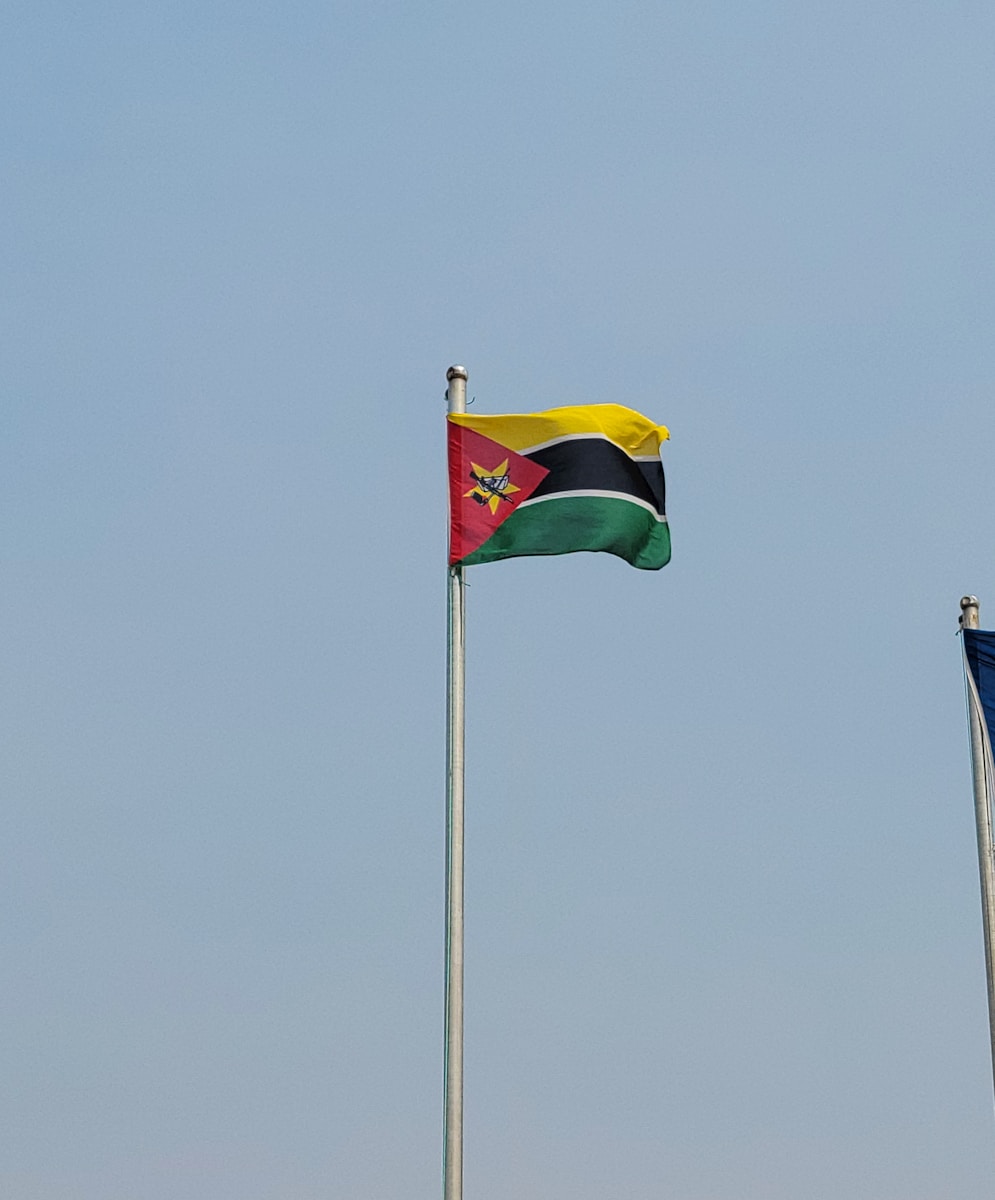Banjul, The Gambia – A controversial U.S. policy move has sent shockwaves through Gambian households and policymakers alike. The newly imposed tax on money transfers from diaspora communities, hailed by former U.S. President Donald Trump as part of a “big, beautiful” economic act, threatens to strike at the heart of The Gambia’s fragile economy. For a country where remittances are lifelines for millions, this decision could have profound and painful consequences.
Why Remittances Matter So Deeply
Remittances are more than just cash transfers in The Gambia they are the backbone of economic stability. Thousands of families rely on funds sent from relatives abroad to pay for food, education, healthcare, and housing. According to economic analysts, these inflows make up a significant share of the nation’s foreign currency reserves, helping the country manage its trade balance and stabilize the dalasi against stronger international currencies.
“If you remove or restrict remittances, you don’t just reduce household income,” one economist explained. “You undermine the country’s financial system and its ability to remain economically afloat.”
A Shock to Gambian Families
The introduction of a U.S. remittance tax means families in The Gambia will receive less money than before. For many, even small cuts in these transfers could mean the difference between survival and destitution. Parents fear that education fees may go unpaid, hospitals may be harder to afford, and basic nutrition may once again become a daily struggle.
“My brother in New York has been sending money home every month for years,” said a resident of Banjul. “Now he tells me that part of it will be taken away in taxes. How are we supposed to manage?”
The Economic Domino Effect
Beyond households, the tax has the potential to ripple across the wider economy. Reduced remittance inflows could weaken foreign reserves, increasing pressure on the dalasi and making imports more expensive. Small businesses, many of which rely on remittance-supported spending, could face declining sales. The result could be slower economic growth, higher unemployment, and rising frustration among citizens already grappling with high living costs.
Government Caught Off Guard
The Gambian government now finds itself in a difficult position. Officials had long relied on remittances as a stable source of foreign earnings. While international aid and tourism contribute to national revenues, neither comes close to matching the consistent and direct flow of funds from the diaspora. With Washington tightening its grip, Banjul may have to seek new trade partnerships, renegotiate financial support, or push for diaspora-friendly policies that minimize the impact of the U.S. decision.
Global Implications of the U.S. Policy
The United States remains one of the top destinations for Gambians seeking better opportunities abroad. Any restriction or tax on transfers from these communities therefore has an outsized impact on The Gambia compared to larger economies. Analysts warn that the policy could push diaspora communities toward informal and less secure channels of money transfer, increasing the risks of fraud, money laundering, and exploitation.
Voices of Concern and Resistance
Human rights advocates and diaspora organizations are already voicing their objections. They argue that taxing remittances unfairly targets migrant workers who are already contributing heavily to both the U.S. and their countries of origin. Community leaders in the diaspora have vowed to lobby U.S. lawmakers and international institutions to reconsider or amend the policy.
Conclusion
The U.S. crackdown on remittance flows represents more than just an economic policy shift it is a direct blow to Gambian households and the national economy. For families, it means less money for survival. For the government, it means mounting pressure on reserves and growth. And for society as a whole, it raises the specter of instability in a nation already struggling to provide opportunity for its people. The Gambia’s future will depend on how swiftly it can adapt, diversify its economic foundations, and shield its citizens from the fallout of decisions made far beyond its borders.
for more news africaheritagevoice.com




